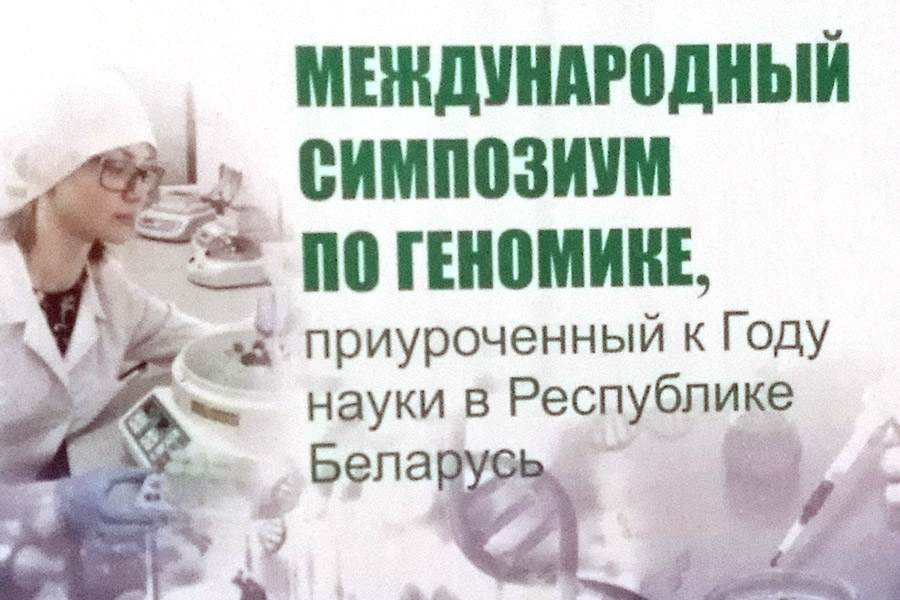

The event aimed at evaluating the achieved results and the current state of research in the field of evolutionary, structural and functional genomics; discussing strategies, priorities and prospects for its further development; expanding the international cooperation.
About 100 representatives of scientific and practical centers and organizations, educational and health institutions of the Republic of Belarus, the Russian Federation, Ukraine, Kazakhstan, Tajikistan, and Great Britain, including 5 academicians and 4 corresponding members, participated in the symposium.
The Symposium considered the following issues:
During the discussion of plenary and poster presentations submitted, the symposium participants focused their attention on modern problems of genomics and directions of its further development, which indicates the importance of the event. The activity and interest of the participants reflected the commonality of the raised problems for organizations in many countries.
The symposium participants highly appreciated the work of the NASB Institute of Genetics and Cytology in the field of structural and functional genomics. They noted the significant contribution of the Institute to the development and implementation of genomic technologies in the Republic of Belarus, as well as the need for international integration in the field of genomic research.